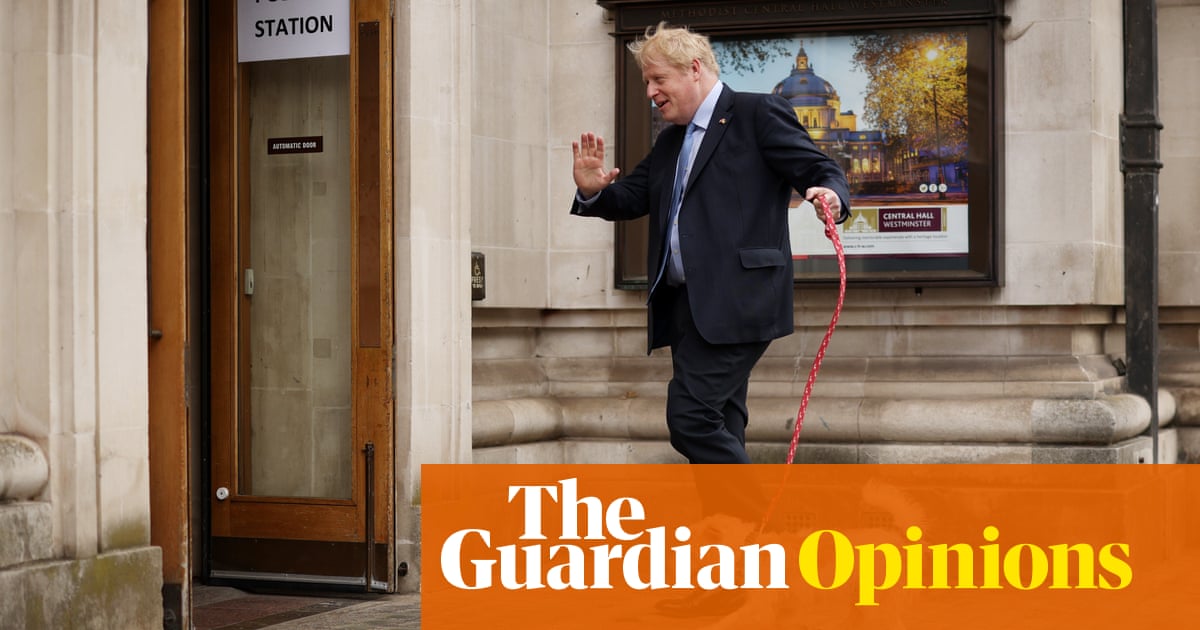
ess than 24 hours after returning to Russia, Alexei Navalny – the most internationally recognisable political opponent of Vladimir Putin – was jailed for 30 days following a brief court hearing held inside a police station in a suburb of Moscow. Navalny, having survived a nearly lethal poisoning by the Soviet-era nerve agent novichok in August, now faces a possible three-and-a-half year prison sentence.
The official explanation of his arrest and detention? Navalny allegedly violated the terms of his suspended criminal sentence by remaining in Germany for further treatment after he was released from hospital. The suspended sentence, which expired on 30 December 2020, is from a 2014 trial that was deemed to be “arbitrary and manifestly unreasonable” by the European Court of Human Rights and for which Russia was ordered to pay Navalny and his brother nearly €76,000 in compensation.
If that all sounds confusing, that’s because it is. But the legal details don’t really matter. In dealing with Navalny, the Kremlin is continuing its standard policy of changing the rules of the game when and as needed to achieve the desired outcome. For his part, Navalny is bypassing Russia’s unstable system of legal rules altogether in order to appeal directly to the people.
In Russia, rules exist – there is an abundance of laws and regulations – but they are quite malleable according to the Kremlin’s needs. In 2020, we saw a great number of rules change, mostly to make it easier for those who are in power to stay in power.
The year began with an announcement of constitutional reform. Although Putin was coy at first about the ultimate goal of the amendments, in time it became obvious that Russia’s 1993 constitution would be altered to allow the president to run for office again after his term was up in 2024. The method of amending the constitution was also imagined from thin air – a legally unprecedented “nationwide vote” was used to seek the voters’ approval, which allowed the government to forbid advertising a no campaign and forgo any minimal turnout requirement.
In the summer, three-day voting was made a permanent part of Russia’s electoral law. Originally instituted as a Covid-19-related precaution, three-day voting is now possible whenever the electoral commission decides. Given Russia’s track record with electoral misconduct, instead of making life easier for voters, extended voting time will increase the opportunity for ballot-stuffing and make it even more difficult for independent election observers to monitor voting.
At the end of the year, Russia’s infamous “foreign agent” law was expanded to include more groups and individuals, such as foreign journalists and informal civil society organisations. A draft law was proposed in November that would force people running in elections who are associated with “foreign agent” organisations to use the label on all their campaign material and even have it appear next to their names on ballots. This is a transparent ploy targeting Navalny’s Anti-Corruption Foundation and its associates, who have already indicated a desire to participate in the parliamentary elections in September.
After months of anti-government protests in the eastern region of Khabarovsk in south-eastern Russia, the Kremlin introduced changes to laws on protest that will make it harder for protest organisers to receive official permission for events. Though only a technical requirement, official permission is often the only insurance for protest participants against significant fines, arrest and assault. Changes to the law also prohibit single-person pickets, which were one of the sole remaining methods for Russians to spontaneously come together to publicly voice their dissent without obtaining prior official permission.
After Navalny and the investigative journalists at Bellingcat used passport, flight and mobile phone data to show which members of the Federal Security Services were likely to be involved in his poisoning, in a bombshell report released in November, the Kremlin introduced draft legislation prohibiting the distribution or use of private data of security and intelligence officers.
Russia’s system of laws and regulations has been repeatedly bent to the Kremlin’s will. We can expect the same of Navalny’s legal predicament, which will play out the way the Kremlin wants it to no matter how absurd the result.
Yet in returning to Russia, Navalny is betting not on the system but on the people. His message is simple: don’t be afraid, speak out. That is what he said on Sunday after riot police dispersed his supporters from one airport and his plane was redirected to a different airport. It was the message repeated by his wife, Yulia Navalnaya, after Navalny was detained at passport control: “Alexei is not afraid. I am not afraid either and I call on you all not to be afraid.” And it is the message Navalny delivered from inside the makeshift court on Monday afternoon telling supporters: “They fear us. They fear you.”
There may be something to the message. As much as the Kremlin relies on repression made possible by ever-shifting laws, it also needs the continued support of citizens who see no alternative to Putin and his United Russia party. As the political scientists Samuel Greene and Graeme Robertson argued in their book, Putin V the People, it’s not Putin’s Russia: it’s Russia’s Putin. And Russia’s Putin needs Russians’ support. Navalny’s return has probably accelerated a collision between the opposition and the Kremlin in which both sides will be forced to appeal to the people rather than the rules.
Yana Gorokhovskaia is a political scientist researching civil society in Russia












